As we celebrate 175 years of the University of Utah, we asked a few deans which alums they would have loved to engage in a thoughtful exchange with.
STEPHEN R. COVEY BS’53
1932-2012
Values-based leadership and the critical question of how leaders can effectively build trust in their organizations has been the central focus of my academic research during my career. No one brought those important topics into the mainstream conversation more powerfully than Stephen R. Covey.
His best-selling book The 7 Habits of Highly Effective People took the principles of leadership out of the classroom and the boardroom and made them both accessible and attainable for everyone. With more than 25 million copies of that book sold worldwide, there are surely a lot of effective leaders out there thanks to Covey.
Helping our students develop as leaders of competence, character, and caring is core to our mission at the David Eccles School of Business.
I would have cherished the opportunity to talk to Covey about how we can better help each student seek and reach their peak and prepare them to have a positive impact in the world.
—Kurt Dirks, Dean, David Eccles School of Business
PAULA SWANER BA’49 MA’72 MS’78 PhD’86
1927-2021
Imagine meeting with someone who could seamlessly weave together discussions on Jungian psychology and Utah’s breathtaking landscapes. That’s the conversation I’d love to have with Paula Swaner, a visionary who saw the profound connection between mental health and our environment long before it gained widespread attention.
As dean of a college dedicated to inspiring human solutions to society’s biggest challenges, I fully appreciate Swaner’s ability to bridge seemingly disparate fields. Her approach inspires me to think about our state’s potential for enhancing our mental health toolkit to include more time immersed in the beauty of Utah’s stunning landscapes.
Swaner’s legacy is as expansive as the 1,200-acre nature preserve she helped establish in Park City. This haven, now known as the Swaner Preserve and EcoCenter, isn’t just a refuge for wildlife—it’s a living testament to her belief in the healing power of nature. In our hyper-connected yet often disconnected world, her holistic approach feels more relevant than ever.
—Michelle Camacho, Dean, College of Social and Behavioral Science
DAVID EVANS BA’49 PhD’53
1924-98
When David Evans graduated from the U, the concept of a “computer science department” didn’t exist. After teaching at Berkeley, Evans returned to establish such a department at the U in 1965, sparking a revolution in how we visualize the world.
Evans’ work in computer graphics laid the foundation for 3D animation, digital simulations, virtual reality, and data visualization—all technologies that began here at the U. His leadership ignited a spirit of innovation that permeated the Kahlert School of Computing, with ideas born in our labs leading to faculty and students founding industry-shaping companies like Evans and Sutherland, Pixar, Adobe, and Atari.
As another technological revolution emerges—this time in artificial intelligence, machine learning, and big data—I find myself wishing I could have met him. Understanding how he catalyzed innovation at the U during computing’s infancy could provide invaluable insights as we explore today’s exciting frontiers. His legacy inspires us as we strive to recreate that transformative energy in our current laboratories and classrooms.
—Charles Bruce Musgrave, Dean, John and Marcia Price College of Engineering

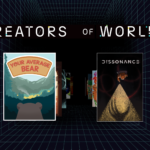

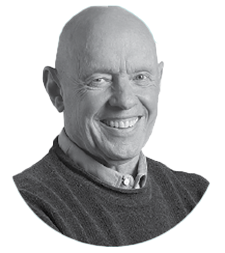
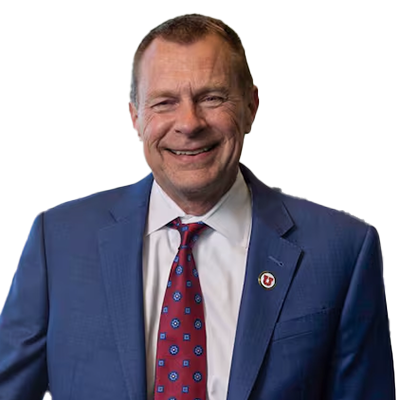
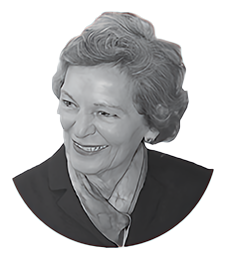


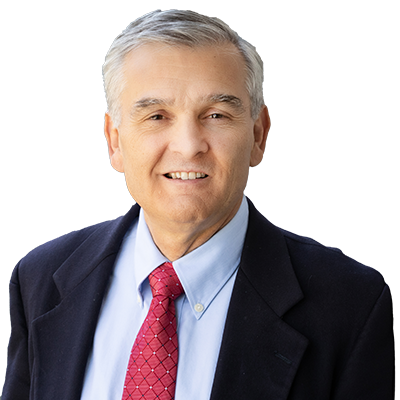
He was my wife’s grandfather and I wish I could have met him too. Based on the stories I have heard, he must have been a fascinating man.